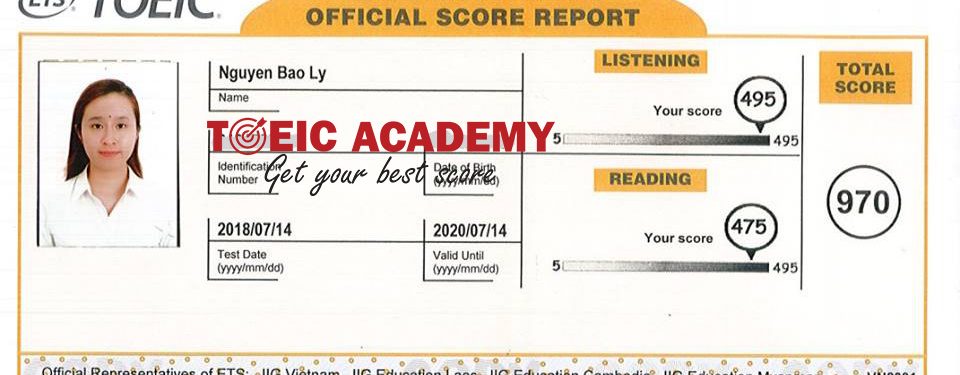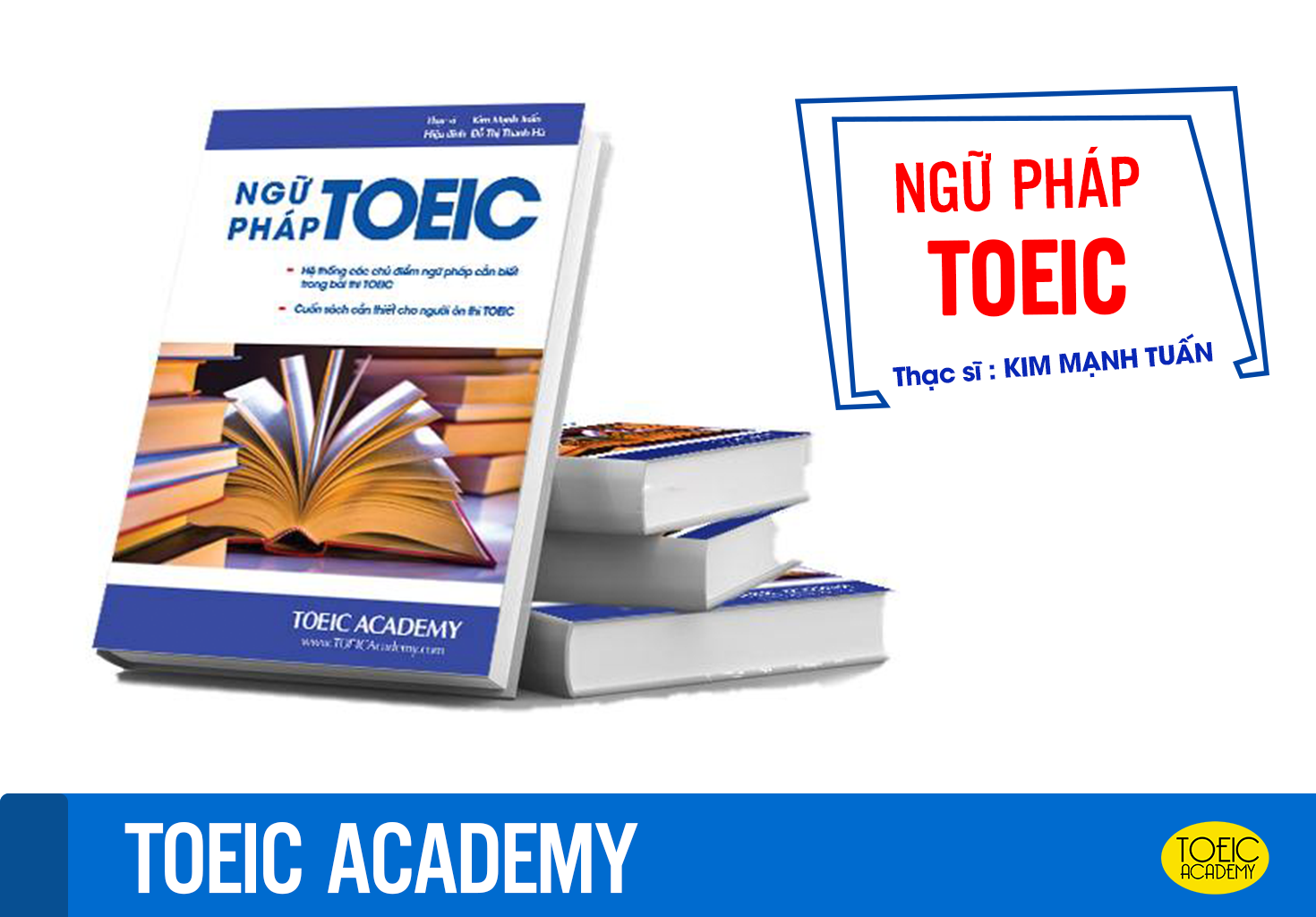Maintaining plumbing health within residential spaces is essential for the overall functionality of home systems. Regular attention to waste pathways not only enhances the efficiency of plumbing but also helps in preventing potential blockages. A proactive approach towards clog prevention can save homeowners significant time and expense in the long run.
Implementing effective home plumbing solutions demands a focus on consistent drain maintenance. By understanding the significance of routine interventions, homeowners can safeguard their living environment from the hassles associated with sudden plumbing issues. Prioritizing the upkeep of these systems ensures smooth operations while minimizing the risk of unexpected failures.
Investing in routine waste management is a wise choice for anyone seeking to optimize their home’s plumbing functionality. With proper attention and care, the infrastructure can remain in peak condition, leading to enhanced longevity and reduced repair costs.
Preventing Costly Plumbing Emergencies
Keeping pipelines clear is essential for avoiding expensive plumbing issues. When blockages are not addressed promptly, they can lead to severe complications, including burst pipes and flooding.
Regular maintenance routines contribute to clog prevention, ensuring that debris does not accumulate and obstruct flow. This proactive approach can save homeowners significant amounts in repair costs.
Engaging professionals for thorough inspections and maintenance allows for early detection of potential problems. Their expertise in plumbing health helps identify areas of concern before they escalate into emergencies.
Professional cleaning services utilize advanced equipment and techniques to remove stubborn buildup, enhancing the longevity of your plumbing system. By investing in these services, property owners not only maintain the functionality of their systems but also gain peace of mind.
Creating a maintenance schedule is an effective strategy for sustaining the health of your systems. Regular check-ups and cleanings can provide insights on the overall condition of your plumbing, facilitating timely interventions and minimizing future risks.
Prioritizing routine maintenance and seeking assistance from skilled professionals is key to securing a hassle-free plumbing experience, effectively mitigating the likelihood of costly surprises down the line.
Improving Overall Drain Performance
Ensuring optimal performance of your plumbing system is crucial for maintaining a healthy home environment. Investing in professional cleaning services not only enhances the flow of water but also increases the longevity of your pipes. Regular drain maintenance can remarkably boost the efficiency of your plumbing, reducing disruptions in daily activities.
By incorporating effective clog prevention strategies into your routine, you can sidestep many common issues that lead to blockages. These preventative measures often include periodic inspections and using specialized tools to clear any buildup before it becomes a significant problem. Homeowners who prioritize these solutions find that their plumbing systems operate smoothly, minimizing the need for emergency interventions.
For those looking to enhance their home plumbing solutions, consider scheduling a visit to https://bonaplumbing.com. Their expertise in drain maintenance ensures that your system stays in peak condition, saving you time and money in the long run. A proactive approach can lead to significant improvements in the overall performance of your plumbing network.
Extending the Lifespan of Your Plumbing System
Maintaining your home plumbing solutions is crucial for ensuring longevity and functionality. Implementing consistent maintenance can significantly enhance the durability of your piping, making it less susceptible to wear and tear. Regular inspections and professional cleaning services help identify potential issues before they escalate, safeguarding your investment.
Clog prevention plays a vital role in extending the lifespan of your plumbing system. Accumulated debris and buildup over time can lead to severe blockages, straining your pipes and potentially causing irreversible damage. By prioritizing a proactive approach to drain maintenance, you can mitigate risks and keep your plumbing system in optimal condition.
Moreover, consistent care not only reduces the likelihood of emergencies but also enhances the overall efficiency of your water flow. A well-maintained system operates more effectively, translating to significant savings on repairs and replacements in the long run. Invest in your plumbing’s future by committing to regular upkeep and expert intervention when necessary.
Q&A:
What are the main benefits of regular drain cleaning?
Regular drain cleaning provides several advantages. Firstly, it helps to prevent clogs, which can lead to costly repairs and plumbing emergencies. Secondly, clean drains promote better water flow, reducing the risk of backups and slow drainage. Thirdly, maintaining clean drains can make your plumbing system last longer, as it prevents the buildup of debris that can corrode pipes over time. Additionally, regular cleaning helps eliminate unpleasant odors caused by stagnant water and trapped debris.
How often should drains be cleaned?
The frequency of drain cleaning can depend on various factors, such as your household size, usage patterns, and the type of plumbing system you have. Generally, it’s recommended to have your drains cleaned at least once a year. However, households with heavy usage or older plumbing may benefit from more frequent cleanings, perhaps every six months. Keeping an eye on how quickly water drains can also help determine if a cleaning is needed sooner.
What methods are used for drain cleaning?
There are several methods for cleaning drains, each suited for different situations. For minor clogs, homeowners can use natural solutions like baking soda and vinegar or store-bought chemical cleaners. For more stubborn issues, professional plumbers often use hydro-jetting, which involves high-pressure water streams to clear blockages. Snaking is another common method, where a flexible auger is used to physically break up clogs. Regular maintenance can help prevent the need for these more intensive methods.
Can regular drain cleaning help prevent mold and mildew?
Yes, regular drain cleaning can significantly reduce the risk of mold and mildew growth. Clogs can trap water, creating a damp environment that encourages mold development. By keeping drains clear and functional, you can ensure proper drainage and minimize standing water, thus lowering the chance of mold and mildew accumulating in your plumbing system. Additionally, a clean drainage system contributes to better air quality in your home, making it a healthier living environment.
Are there any signs that indicate my drains need cleaning?
There are several signs that suggest your drains may need cleaning. Common indicators include slow drainage, gurgling sounds in your pipes, and unpleasant smells coming from the drains. If you notice frequent clogs or backups, it’s also a strong sign that professional cleaning is necessary. Additionally, water pooling around fixtures or in your yard can indicate deeper drainage issues that may need to be addressed. Addressing these signs promptly can help prevent more severe plumbing problems down the line.
Why is it important to have regular drain cleaning?
Regular drain cleaning is important for several reasons. First, it helps to prevent clogs that can lead to backups and overflows in your plumbing system. This can be particularly inconvenient and costly, as dealing with a clogged drain often requires professional plumbing services. Additionally, routine cleaning can reduce odors that arise from stagnant water or decaying organic matter in the pipes. It also helps to prolong the life of your plumbing by reducing corrosion and wear caused by buildup over time. Regular maintenance not only ensures smoother functioning but can also save you money in the long run by avoiding major repairs.
What techniques are commonly used for drain cleaning?
Several techniques are used for drain cleaning, each suited for different types of clogs and plumbing systems. One common method is the use of a plumber’s snake, which is a flexible auger that can reach deep into pipes to break up or retrieve obstructions. Another method is hydro-jetting, where high-pressure water is used to clear out debris and buildup from the walls of pipes. Chemical cleaners can also be used to dissolve tougher clogs; however, these should be used sparingly due to potential damage to pipes. It’s often recommended to consult a professional to determine the best method depending on the severity of the problem and the type of plumbing in your home.


































 Tháng Mười Hai 29th, 2024
Tháng Mười Hai 29th, 2024  Vui Nguyễn
Vui Nguyễn 



 Posted in
Posted in 




















Comments